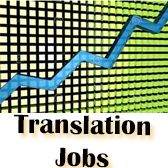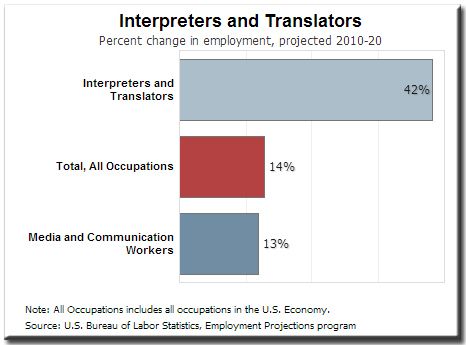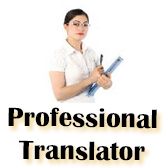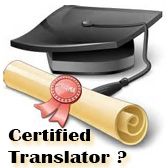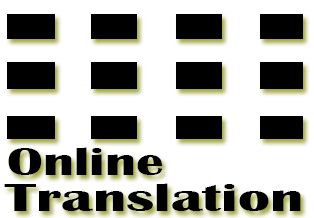What Translators Do? Any Idea !!!
Translators are fluent in reading,speaking, and writing in at least two languages with complete confidence.
Translators change details from one language to another. They deals with written language.
One of the
Translator duties is
to change composed elements from one language into another. The objective of a translator is to have individuals read the translation as if it were the primary.
To do that, the translator must be able to write phrases that flow as well as the initial did while maintaining the concepts and details of the original correct. Translators must consider any cultural recommendations, such as slang, and other phrases that do not convert pretty much.
Translator Duties
Translators typically do:
- Change aspects in the source language to comparative aspects in the targeted language.
- Pass on style and tone
- Handle work agendas to meet due dates
- Provide verbal ideas perfectly, rapidly, and definitely
- Translators aid interaction by changing details from one language into another.
Translators must read the primary language fluently but may not require to speak it fluently. They generally translate only into their own language.
Almost all translation work is performed on a computer, and translators get and post most projects digitally. Translations frequently go through various modifications prior to becoming final.
Translators services are required in a number of topic areas. Although these workers frequently do not concentrate on any specific area or sector, several concentrate on one area of knowledge.
Work-Related Translator Specialties:
Here are some examples of work-related translator specialties:
Health or medical translators
Health or medical translators Generally work in medical care settings and help individuals convey with doctors, nurses, and other healthcare staff. Translators must have a solid understanding of medical language and the prevalent words for those medical phrases in both languages.
Health or medical translators don't generally have the same level of particular conversation with patients and providers that interpreters do. They mainly change information pamphlets, products that patients must read and sign, and web page details from one language to another.
Legal or judiciary translators
Legal or judiciary translators commonly work in legal courts and other legal offices. At proceedings, arraignments, depositions, and trials, they help individuals who have minimal English skills. They must have an understanding of legal language. Many court translators must sometimes read records loudly in a language other than that in which they were created, a task identified as sight translation.
Literary translators
Literary translators reword publication content, guides, poems, and short tales from one language into a different language. They endeavor to keep the writer's firmness and style as well as meaning. When possible, literary translators work carefully with authors to capture their intended meaning and literary characteristics.
Localization translators
Localization translators adjust text for an item or program from one language into another. Localization professionals try to make it seem as though the product came from the country where it will be available. They must know not only each of the languages, but they must also comprehend the technical details they are working with and must recognize the culture of the individuals who will be getting the product or service.
Localization may consist of establishing Internet websites, promotion materials, training manuals, and other guides. Usually, these are relevant to goods and services in production and other business industries.
Localization may be served by computer-assisted translation, where a computer software produces a first draft of a translation for the localization translator to use. Also, translators may use computers to evaluate former translations with present projects.
These are the major
translator duties, that are usually wanted. You may fine other areas where a translator is needed such as sports and exhibition shows events.



